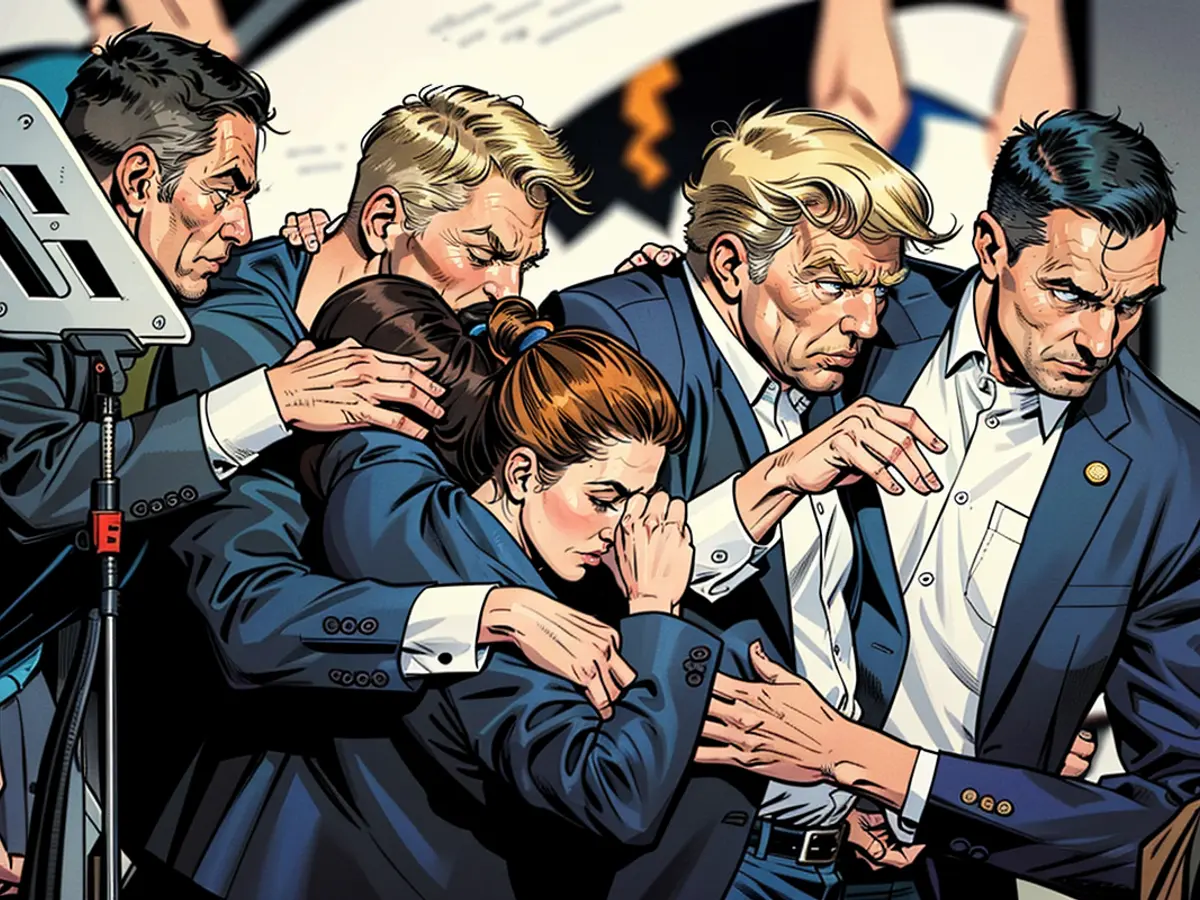Investigators from the House will interrogate regional law enforcement authorities regarding the initial attempt on President Trump's life during a hearing.
The hearing takes place a day following a critical report by a bipartisan Senate committee, which publicly criticized the Secret Service for several shortcomings on that particular day. Key issues included inadequate decision-making and leadership structure, resulting in neglect of security measures.
According to the report, these lapses led to critical oversights, such as denying needed resources and failed to establish responsibilities among personnel for different rally areas, including the buildings the shooter scaled.
Contrasting, the House hearing will concentrate on the actions of local law enforcement officers. Witnesses include a local patrolman and sergeant, along with a Pennsylvanian state police officer and medical examiner.
This task force has broadened its investigation to cover the second unsuccessful attempt on Trump's life in Florida this month, in addition to examining the events in Pennsylvania. Having previously visited the Pennsylvania rally site and interacted with both local and federal officers, they are well-informed about the security preparations and the investigations that followed.
Despite initial accusations assigning blame to local law enforcement for the incident in Butler, the Secret Service has repeatedly acknowledged its full responsibility for the day's failures. Nevertheless, doubts persist as to why local officers were unable to prevent the shooter, Thomas Matthew Crooks, from perching on the rooftop of neighboring buildings armed with a rifle, despite receiving warnings both on the ground and in the sky just before the shooting. Crooks was shot dead by Secret Service agents immediately after the episode.
The discussion in the Senate hearing mainly revolves around the Secret Service's performance in politics, specifically their failures in security management and leadership. The supposed inability of local law enforcement to prevent the shooter from obtaining a vantage point raises questions about their role in political security.








